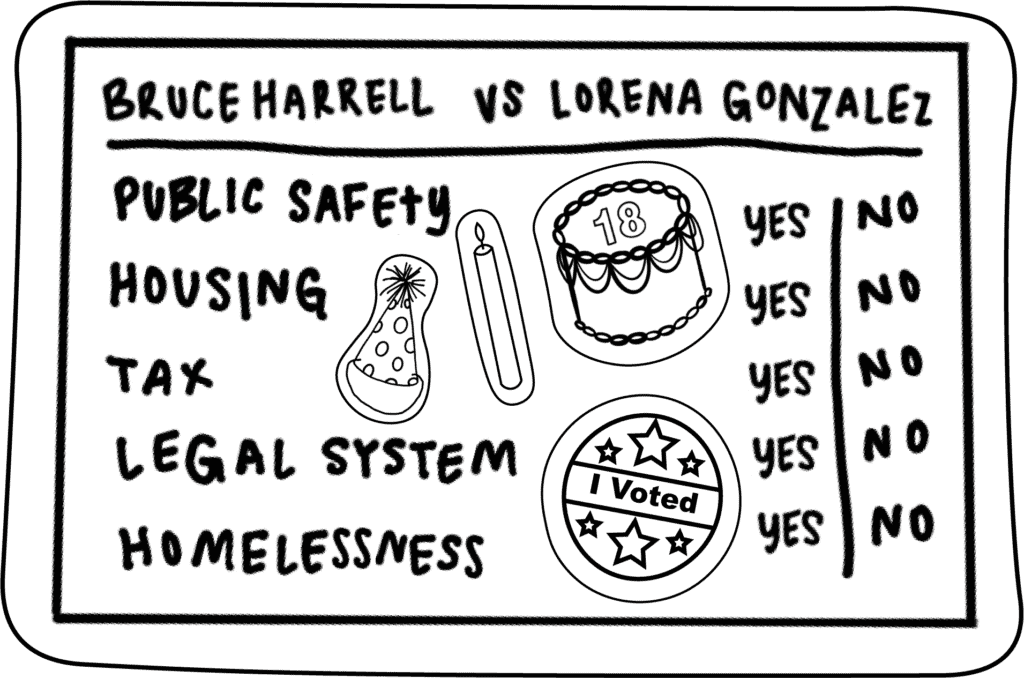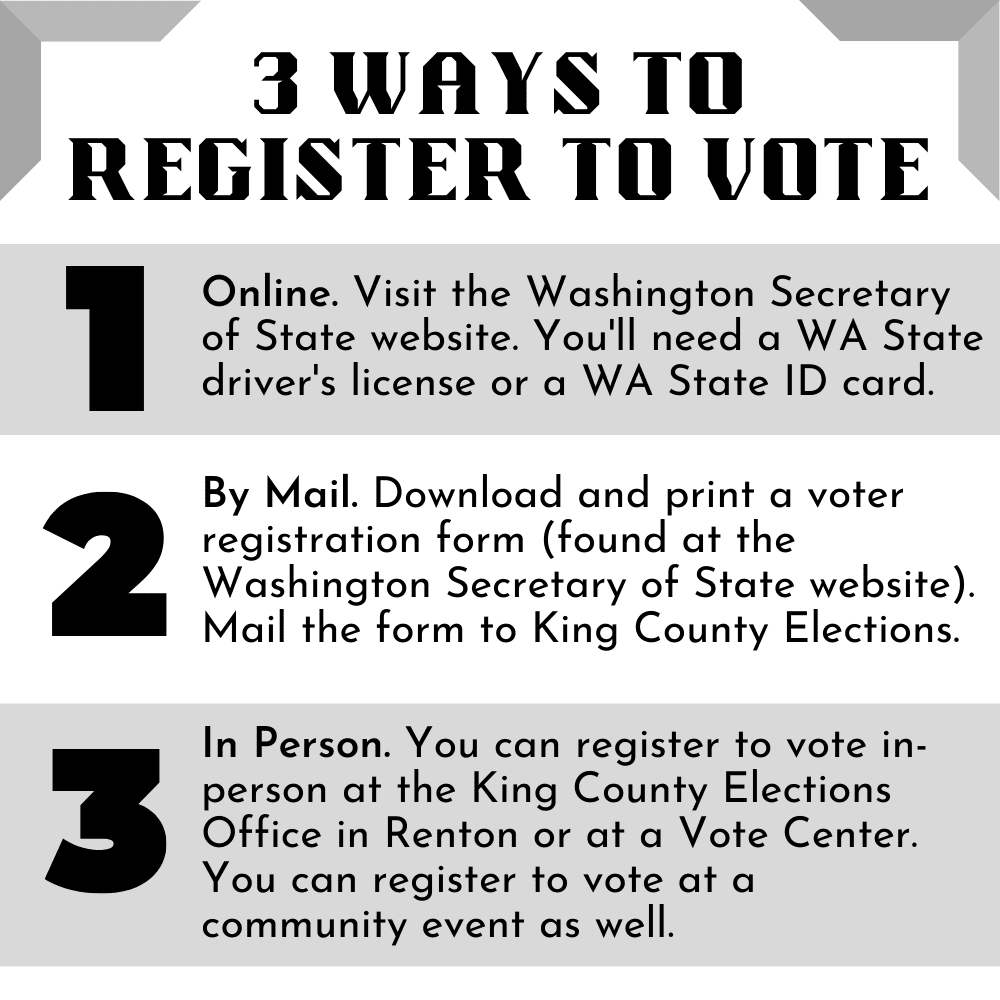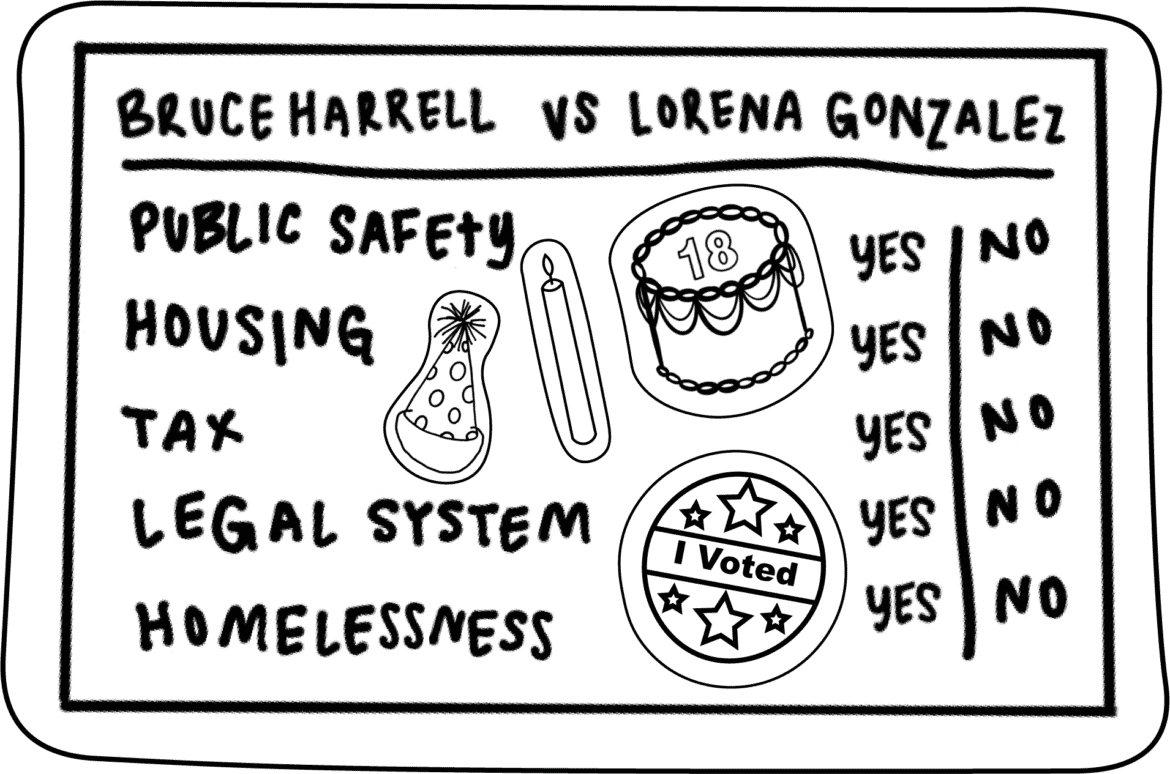
As November approaches, Seattle voters find themselves facing a familiar crossroads in deciding the future of their city as two nonpartisan left-leaning candidates vie for the election.
The Northwest Progressive Institute polled Seattle residents in early October to assess support for the mayoral candidates. Bruce Harrell leads the race with support from 48% of respondents. Trailing Harrell is the current Seattle City Council President Lorena Gonzalez, rating 32% at the polls.
From the surface these candidates seem similar, however, the Seattle mayoral election is representative of the divide in the Democratic political party in America. Both in national and local elections like these, there is the candidate representing moderate progressivism or a leftist candidate advocating for a more radical change.
Harrell is of mixed Black and Japanese descent, and was born and raised in the Central District. At the University of Washington, Harrell played football and earned his Bachelor’s degree and a J.D. He would later work as an attorney until being elected to the city council for two terms.
Harrell promotes a steadier approach to creating change on issues such as policing and homelessness. In terms of the police force, Harrell supports change in the form of police training rather than budget cuts. On the issue of homelessness, Harell advocates measures to provide support to the homeless. However, he remains firm on the belief that those who refuse housing should face punishments, according to the Seattle Times.
Gonzalez comes from a family of immigrants, and at the age of eight she earned her first paycheck working on the farms of Central Washington. After her education at Washington State University and receiving a J.D from Seattle University, she would work as a civil rights attorney on behalf of workers, victims of police misconduct, and survivors of sexual abuse. She currently holds the position of City Council President.
Gonzalez represents a bolder change that has been wished for recently, especially among the youth population, according to the Washington Post. An example of this bolder change would be the continuation of police budget cuts, decriminalization of all drug possession, and the elimination of zoning that allows only single-family housing, according to the Seattle Times.
On November 2nd, voters will elect a new mayor after current Seattle Mayor Jenny Durkan recieved heavy criticism over her handling of the Black Lives Matter protests that swept the city after the murder of George Floyd in 2020. There are a few days left to vote between Harrell and Gonzalez. For many Roosevelt students, this will be their first introduction to the democratic process.

Many Roosevelt students are uninformed about the upcoming mayoral race. A poll conducted by The Roosevelt News found that only 68% percent of students were aware of the local election, and only 66% knew who the two candidates were.
By contrast, in a 2020 poll conducted by The Roosevelt News asking students about their knowledge of the 2020 Presidential Election, 95% of first time voters believed they were “completely knowledgeable about the candidates and knew who they were voting for.”
Why such a big difference? Margeaux Thompson, leader of the Leftist Club at Roosevelt, expressed frustration about information available on the mayoral candidates: “I wanted to be prepared and it was very difficult to just find websites clearly stating their policies.” News coverage contributes to Thompson’s struggle. Trying to find the basic policies of the two mayoral candidates requires 15 minutes of research.
The mayoral race will have a large impact on important issues such as housing, policing and homelessness. Despite the importance of local issues, all voters, youth included, have lower turnout rates for local elections.
Lack of information on voter laws, voter registration, candidates, and poll locations are all factors that contribute to the lack of interest in local elections.
Many voters are not as informed of local elections despite their importance. Daniel Gross, a social studies teacher at Roosevelt, further elaborates on that idea, “while national elections can get a lot of headlines, oftentimes your city and state governments have a far larger impact on your life overall.”
